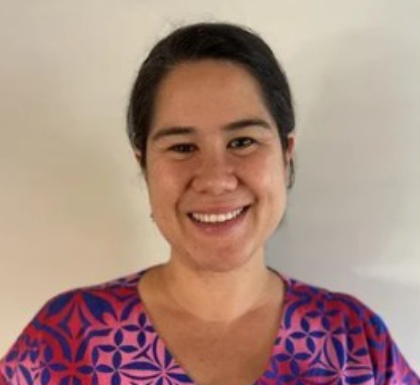
Healthcare access equity in childhood asthma in Aotearoa.
Aotearoa has one of the highest rates of paediatric asthma in the world with Māori and Pacific children disproportionally affected compared with NZ European children.
Māori and Pacific children are more likely to be admitted to hospital with an asthma exacerbation, however, less likely to be started on preventative therapy. Inhaled corticosteroids (ICS) have been shown to lead to better asthma control, reducing the burden of symptoms and the risk of asthma exacerbations. In ICS there exists an evidence-based, international and local guideline supported, gold standard intervention to improve asthma morbidity. The current model of care is failing to deliver appropriate asthma care to those at risk of further exacerbations.
In this mixed methods study, we will plan to:
1) Determine nationally the extent that children aged 5 to 15 years who have experienced an asthma exacerbation requiring oral corticosteroids have received ICS in the following 6 months (i.e. have received management consistent with national and international guidelines),
2)Determine barriers and enablers to appropriate paediatric asthma care.
3)Pilot a nurse led telehealth quality improvement initiative in the South Auckland region (area with high Māori, Pacific and limited socioeconomic status [SES] populations) ensuring that children aged 5 to 15 years who have experienced an asthma exacerbation requiring oral corticosteroids are prescribed ICS as well as appropriate asthma education.
Whānau and next-of-kin that have been followed through the nurse led telehealth clinic project will be asked to participate to provide feedback around barriers to accessing healthcare, as well as on telehealth quality initiative.
This study will aim to reduce barriers to accessing healthcare and optimise asthma care in line with current evidence based guidelines through implementation of a follow up telehealth clinic.

Help fund our big research.
Every bit helps.
